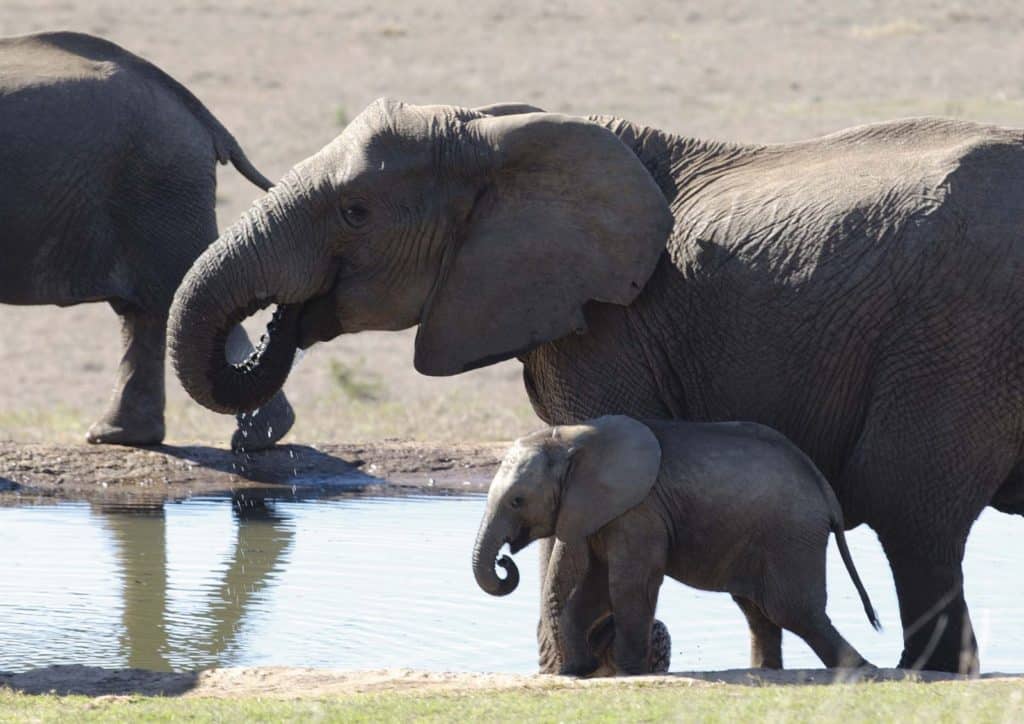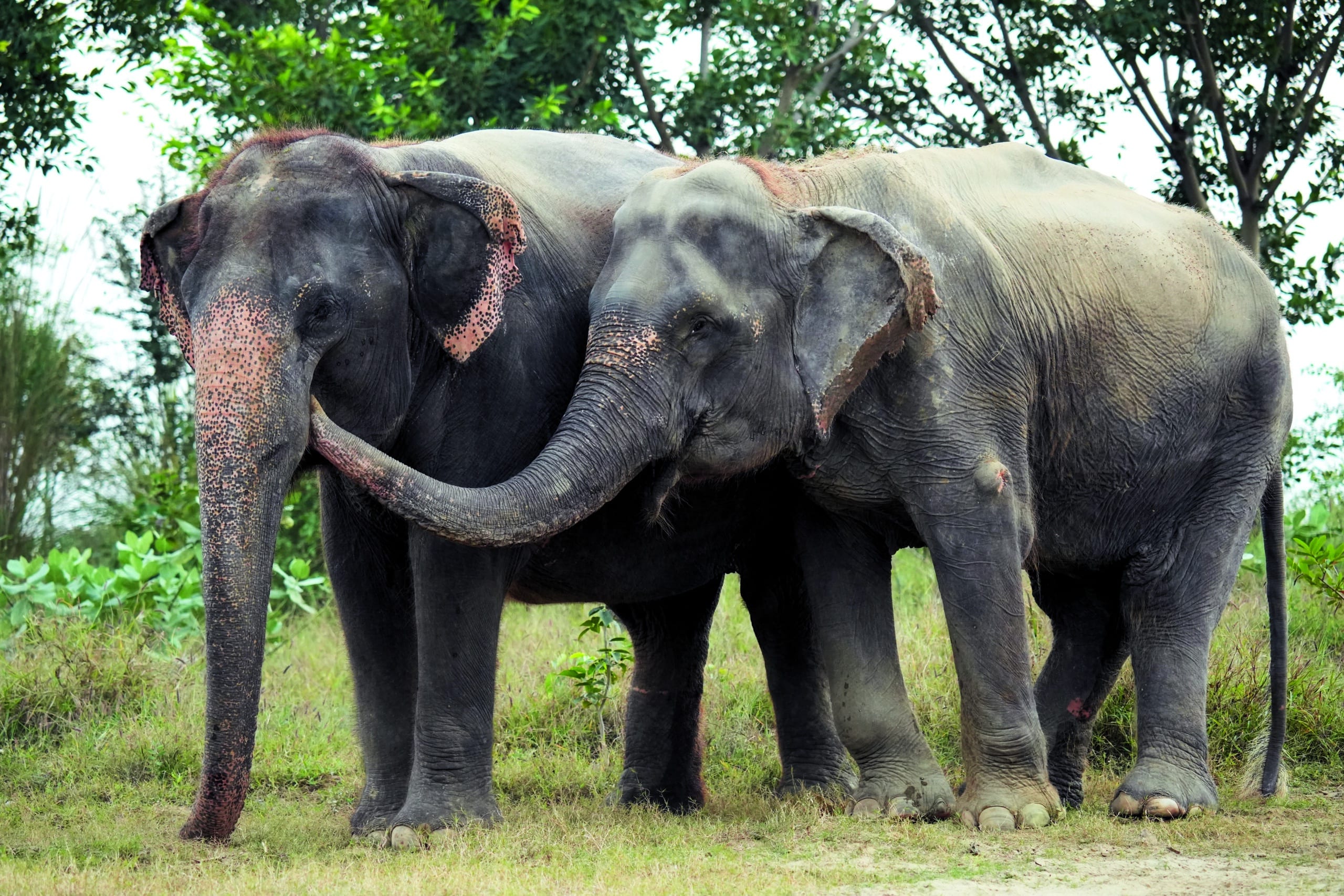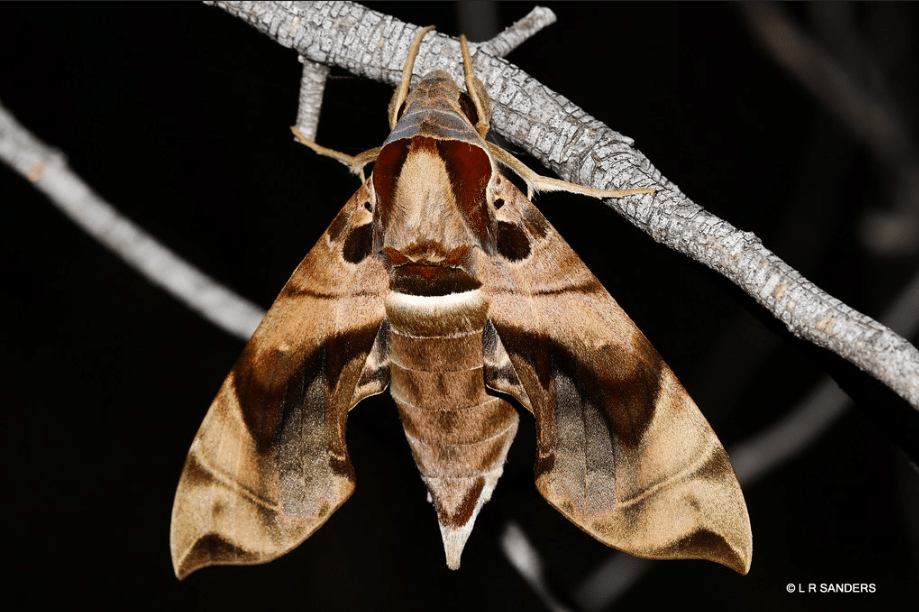You might remember Kalpana—I am happy to report that this year she celebrates her fifth rescue anniversary at Wildlife SOS. Formerly exploited and abused as a ‘begging’ elephant in Uttar Pradesh, Kalpana was rescued in 2019 and brought to the Wildlife SOS Elephant Hospital Campus (EHC) in Mathura for comprehensive...
In a senseless step backward, the southern African nation of Botswana yesterday announced it will once again allow trophy hunters to prey upon its natural bounty of wildlife, including its iconic elephants. The move, reported in the media as a political ploy by President Mokgweetsi E.K. Masisi to curry favor with rural voters ahead of an election and undermine the legacy of his predecessor in office, comes despite tremendous benefits the country has reaped since it introduced the trophy hunting ban in 2014.
Botswana is home to 126,000 elephants — one-third of Africa’s total population — and the trophy hunting ban there gave conservationists hope for the survival of this beleaguered species. It also cast Botswana as a shining example of a nation at the forefront of the battle to save Africa’s declining wildlife — a reputation that’s now in serious jeopardy.
In the five years since it took effect, the ban is estimated to have saved nearly 2,400 elephants and 140 leopards, species whose numbers in the wild are dropping dangerously.

Wildlife tourism has also been a prominent driver for Botswana’s economy — it is the second largest contributor to the country’s GDP and a significant employer. In the years before the trophy hunting ban, according to a report by Economists at Large, employment from the trophy hunting industry in Botswana was only 0.5 percent of that coming from its photographic tourism employment. Moreover, revenue from trophy hunting accounted for less than an eighth of the revenue from wildlife tourism. In 2018, travel and tourism in Botswana experienced a 3.4% growth, contributing US$2.52 billion or 13.4% to the country’s economy and supporting 84,000 jobs or 8.9% of Botswana’s total employment. Reinstating trophy hunting could have a negative effect on these numbers, and will doubtlessly cut down on ecotourism jobs.
The Botswana government is trying to pass off its decision as an attempt to resolve human-wildlife conflict, but conservation scientists warn that poorly regulated trophy hunting can actually worsen such conflict by disrupting animal groups and creating social chaos among their ranks. There are many peaceful and non-lethal ways to address human-wildlife conflict without including trophy hunters who are interested mainly in kills and bragging rights, not in conservation or helping rural economies.
After the killing of Cecil the lion, the world is increasingly turning away from trophy hunting. A few wealthy American trophy hunters contribute to the problem by treating African countries as their personal playground. However, an overwhelming majority of Americans are opposed to trophy hunting. The United States is Botswana’s second largest source of foreign tourists, and the results of an opinion poll we conducted in March show that 75 percent of respondents think it is important that Botswana protect elephants from trophy hunting.
In March, HSI sent two letters to President Masisi, along with our petition asking Botswana to keep the ban that was signed by more than 87,000 HSI’s supporters. Our letter was co-signed by 33 animal and welfare and wildlife conservation organizations.
Ellen DeGeneres tweeted today, “President Masisi, for every person who wants to kill elephants, there are millions who want them protected.” Botswana should treasure its wildlife, not allow politicians to squander them away for personal gain. We hope President Masisi will see the folly of this move and act to protect his country’s wildlife before it’s too late.
Kitty Block is President and CEO of the Humane Society of the United States and President of Humane Society International, the international affiliate of the HSUS.
Image: Frantz Dantzler


